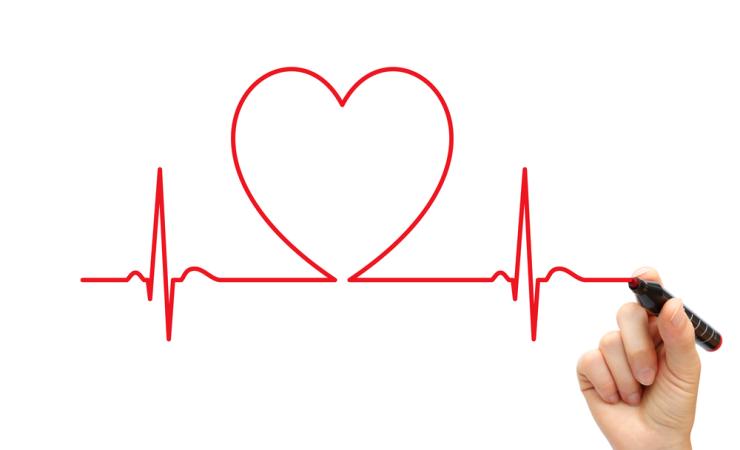Cardiovascular diseases (CVD) are one of the leading causes of death worldwide; they affect 85 million people in Europe alone, and cases are rising due to unhealthy lifestyles and our ageing population. Despite advances in treatment, many people with cardiovascular diseases eventually develop chronic heart failure, which has a five-year mortality rate of 20 to 50 %.
Moving away from a ‘one-size-fits-all’ approach
Efforts to reduce the numbers of people affected by and dying from cardiovascular diseases are hampered by a number of issues. These include our incomplete understanding of how risk factors (such as diabetes and high blood pressure) influence who will develop CVD and how the disease progresses. Another challenge is the current ‘one size fits all’ approach to treating patients.
We urgently need a better understanding of CVD so that we can deliver more personalised treatments for patients, and that’s where iCARE4CVD comes in. iCARE4CVD is a new Innovative Health Initiative (IHI) project that brings together over 30 partners from civil society, universities and industry.
The goal: to improve patient care across the board
The project aims to improve patient care across the board, starting from those at risk of developing CVD to those with advanced disease. To allow a more personalised approach to patient care, biomarkers will be used to assign those diagnosed to clinically-meaningful subgroups – this will make it easier to pick up on which patients are in most urgent need of treatment. Moreover, tools based on artificial intelligence (AI) will make it possible to predict how individual patients will respond to different treatments. Part of the project will focus specifically on people with type 1 diabetes, who are at risk of developing CVD.
The project will achieve this by gathering data on over 1 million patients from existing cohorts and providing anonymous access to the data via a blockchain-supported federated database. The project will develop AI-based models to identify different subgroups of patients and the best treatments for them. These models will be validated in large cohorts and a prospective intervention trial. Patients will be closely involved in iCARE4CVD to ensure that the project’s results meet their needs.
The value of collaboration
“Collaborative projects between industry, academia, and public partners provide a platform to tackle complex healthcare issues together,” said the project’s industry lead, Kees Hovingh from Novo Nordisk. “By leveraging the expertise of each partner and analysing data in-depth, these partnerships aim to provide personalised care in cardiovascular disease risk assessment and treatment. Through mutual learning, they bring tangible improvements to healthcare and society that would be difficult to achieve individually.”
“With the help of many important partners in the field, iCARE4CVD will finally lead to personalised care in cardiovascular disease,” said project coordinator Hans-Peter Brunner-La Rocca of Universiteit Maastricht.
Ultimately, the results of iCARE4CVD will help to prevent and treat cases of CVDs, improving people’s lives and reducing the strain on healthcare systems.
